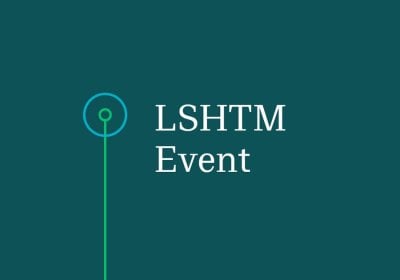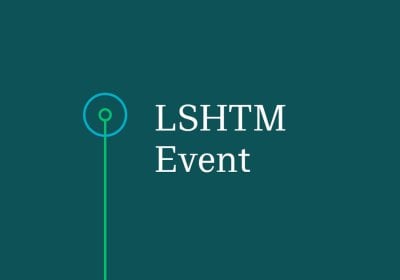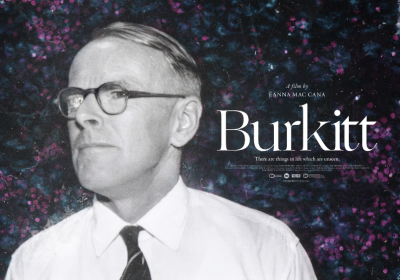‘Health for All’ at 40: The history and politics of community health worker programmes
Bio: Dr Alexander Medcalf is a Research and Teaching Fellow at the University of York, Department of History, and Deputy Director of the WHO Collaborating Centre for Global Health Histories.
Dr Joao Nunes is a Senior Lecturer in International Relations at the Department of Politics, University of York. Author of the book “Security, Emancipation and the Politics of Health” and of articles in journals such as Review of International Studies, Third World Quarterly, Security Dialogue and Medical History, among others.
Abstract: This presentation will reflect upon the trajectory of ‘Health for All’, forty years after Alma-Ata and at a time when the SDG agenda and the WHO leadership are pushing towards reenergizing the idea of universal health care. It does so by reflecting on community health worker programmes. Community health worker (CHW) is the name commonly given to close-to-community providers with no specialized medical training who traditionally operate as links between doctors, nurses and remote or hard to reach groups. CHWs are normally identified with the promotion of bespoke, community-based solutions attuned to the health needs of local groups; the promotion of community empowerment and social justice; and the redressing of inequalities. This presentation argues that the picture is much more complicated, and an assessment of the impact of CHW programmes needs to take into account a historical-based analysis of the context in which CHW programmes were designed, implemented and presented. It also requires a practice-based analysis of the complex political roles assumed by CHWs in their everyday work. Drawing on historical sources spanning the period from Alma-Ata to the present day, and also extensive fieldwork with the Brazilian CHW programme, this presentation will raise some of the most important issues that need be considered when assessing the potential of CHWs to help deliver ‘Health for All’.
Admission
Contact



